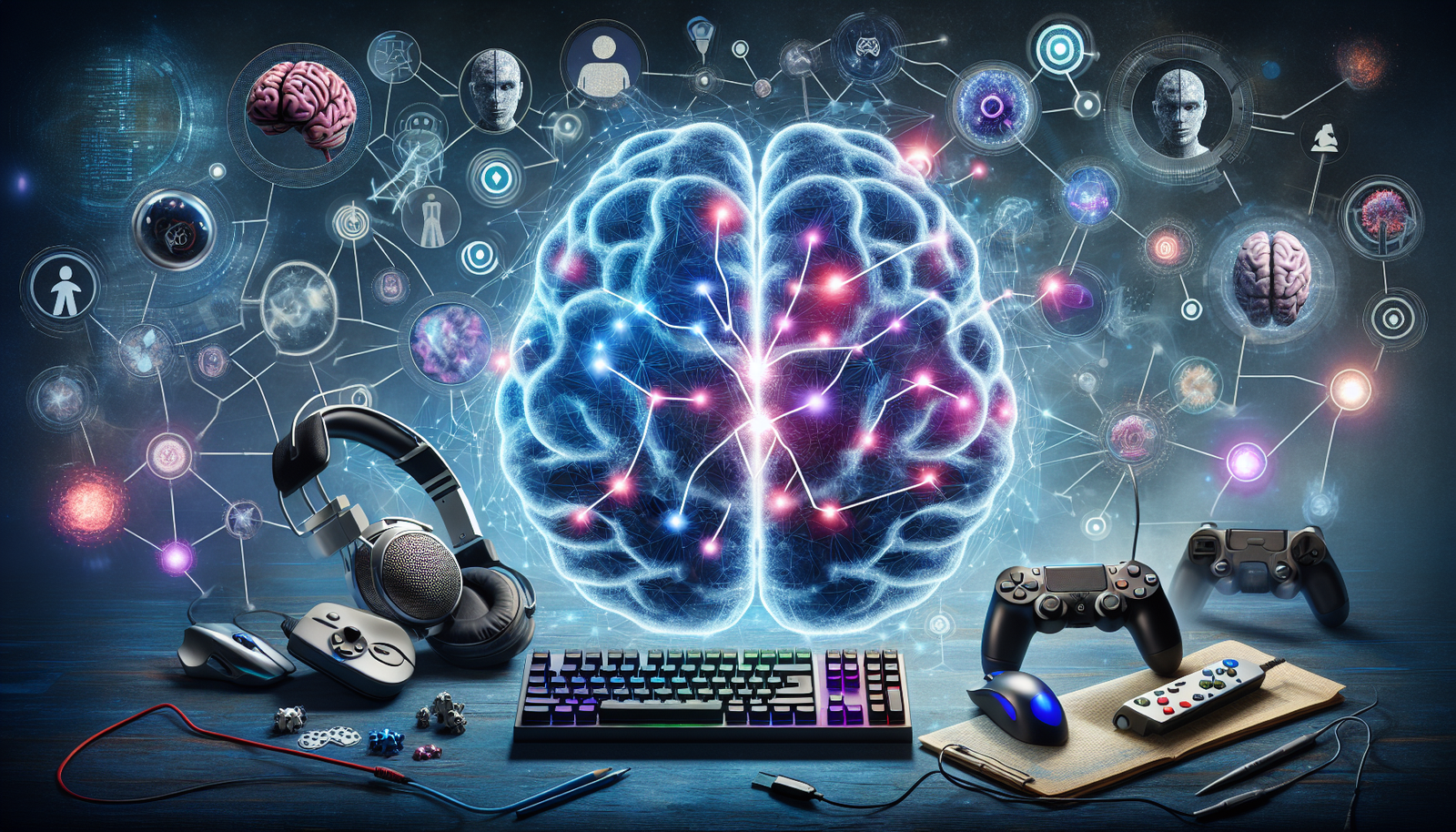The Impact of E-sports Psychology on Player Performance
E-sports, a rapidly growing industry that combines competitive video gaming with professional sports, has captured the attention of millions around the world. As gamers strive for excellence in this highly competitive field, the impact of e-sports psychology on player performance has become increasingly important. By delving into the psychological aspects of gaming, such as mental resilience, focus, and teamwork, players can enhance their performance and gain a competitive edge. In this article, we will explore how e-sports psychology plays a vital role in shaping the success of players and teams in the exhilarating world of professional gaming.
The Impact of E-sports Psychology on Player Performance
Understanding E-sports Psychology
E-sports psychology is a branch of sports psychology that focuses on the mental and emotional aspects of competitive gaming. It recognizes the importance of mental well-being and mindset in achieving optimal performance in e-sports. Understanding e-sports psychology can help players and teams develop strategies and techniques to enhance their gameplay and overall performance.
The Psychological Factors in E-sports
Several psychological factors come into play in e-sports. These include motivation, confidence, focus, concentration, communication, and resilience. Each of these factors plays a crucial role in determining a player’s performance and success in e-sports. By addressing these factors and understanding how they impact gameplay, players can develop strategies to improve their performance in these areas.
Mental Preparation and Performance Enhancement
Mental preparation is key to achieving peak performance in e-sports. Just like physical athletes, e-sports players need to train their minds to be in the right state before competitions. Techniques such as visualization, goal setting, and positive self-talk can help players mentally prepare for their matches. Additionally, strategies such as mindfulness and meditation can improve focus and concentration, leading to improved gameplay and performance.
The Role of Confidence in E-sports
Confidence is a vital component of success in e-sports. Players who believe in their abilities and have confidence in their skills are more likely to perform well under pressure. Building and maintaining confidence can be achieved through various techniques, such as setting achievable goals, focusing on strengths, and acknowledging past successes. With increased confidence, players can approach competitions with a positive mindset and perform at their best.
Motivation and Goal Setting
Motivation is what drives players to excel in e-sports. Setting goals and having a clear purpose can provide the necessary motivation for players to work hard and improve their skills. Setting both long-term and short-term goals allows players to track their progress and stay focused on their objectives. Additionally, external motivators such as team support, financial incentives, and the desire for recognition can also contribute to the motivation of e-sports players.

Dealing with Pressure in E-sports
Pressure is a common factor in competitive gaming, and learning to cope with it is essential for optimal performance. Techniques such as deep breathing, visualization, and positive self-talk can help players manage their nerves and anxiety before and during matches. Developing strategies to shift focus away from external pressures and maintaining a focus on the game itself can help players perform under pressure and make better decisions in critical moments.
Developing Mental Resilience
Mental resilience is the ability to bounce back from setbacks and maintain a positive mindset in the face of challenges. It is a crucial skill for e-sports players, as they often face setbacks and defeats during their careers. Building mental resilience involves developing strategies to handle stress, cultivating a growth mindset, and learning from failures. With mental resilience, players can maintain their motivation and continue to improve despite setbacks.
Managing Anxiety and Stress
Anxiety and stress can significantly impact a player’s performance in e-sports. Techniques such as relaxation exercises, time management, and stress-reducing activities can help players manage their anxiety and stress levels. Creating a supportive and positive environment within teams can also contribute to reducing anxiety and stress among players. By managing anxiety and stress effectively, players can maintain focus, make better decisions, and perform at their best.
Improving Focus and Concentration
Focus and concentration are essential for success in e-sports, as they allow players to react quickly and make accurate decisions in gameplay. Techniques such as mindfulness, meditation, and attentional control exercises can help players improve their focus and concentration. Eliminating distractions, creating a pre-game routine, and practicing mental imagery can also enhance players’ ability to maintain focus during matches.
Building Effective Communication Skills
Effective communication is crucial in team-based e-sports, where coordination and collaboration are key to success. Developing strong communication skills involves actively listening, providing constructive feedback, and being clear and concise in conveying information. Building trust and a positive team atmosphere also contribute to effective communication. By improving communication skills, teams can enhance their coordination and make more informed decisions during gameplay.
Team Dynamics and E-sports Performance
Team dynamics play a significant role in the performance of e-sports teams. Developing trust, respect, and effective communication within the team can foster a positive and cohesive atmosphere. Team members who understand each other’s strengths and weaknesses can better allocate roles and responsibilities, leading to improved teamwork and performance. Additionally, team-building activities can strengthen team bonds and improve overall performance.
The Impact of E-sports Psychology on Player Well-being
E-sports psychology goes beyond enhancing performance; it also focuses on player well-being. The intense and demanding nature of e-sports can take a toll on players’ mental health. E-sports psychologists work with players to develop strategies for stress management, maintaining work-life balance, and promoting overall well-being. By prioritizing mental health, players can sustain their performance in the long run and avoid burnout.
The Future of E-sports Psychology
As the field of e-sports continues to grow, the importance of e-sports psychology will become even more prominent. With evolving technology and increased competitiveness, players will need to develop their mental skills to stay ahead. The integration of virtual reality, biofeedback systems, and artificial intelligence in e-sports psychology holds great potential for enhancing player performance and well-being. Continued research and advancements in e-sports psychology will shape the future of competitive gaming and revolutionize the way players approach their mental preparation and performance.




